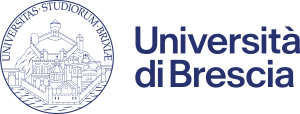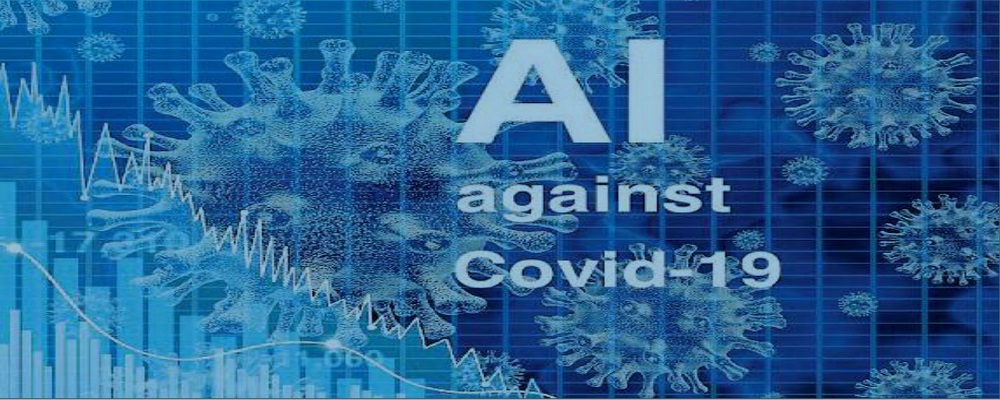In an advanced study, conducted and carried out by the team of prof. Alfonso Gerevini of the Department of Information Engineering of the University of Brescia in collaboration with the team of prof. Roberto Maroldi, director of Radiodiagnostics 2 of the Civil Hospital and the Department of Medical and Surgical Specialties, Radiological Sciences and Public Health, it shows how it is possible to accurately predict the patient’s prognosis, to know in real time if his vision is at risk or not.
The survival model was developed through “machine learning” artificial intelligence, processing data from over two thousand patients hospitalized between March and April at the Civil Hospital.
“The innovative aspect in the design of the model is given by having measured Covid-19 pneumonia in each patient by assigning a score to the severity of the pulmonary radiographic picture – explains Prof. Maroldi. This element allowed to quantify, through the variations in the score time, the extent of improvement or deterioration“. The system was provided with the values and performance over time of a series of blood chemistry tests performed during hospitalization.
The combination of some among these twelve altered values it was used to “photograph” the progressive state of hyper-inflammation that characterizes Covid-19 disease in a hospitalized patient.
“One last key information used to train the system was to correlate the outcome of the disease in the over two thousand cases considered to the set of radiographic and blood chemistry data“.
The artificial intelligence system took over a thousand cases to define, inside, a predictive model for the prognosis and validate the result on a second group of over 200 patients. The model gave excellent results, in particular allowing to correctly predict the favorable outcome (survival) with remarkably high values since the second day of hospitalization (above 90%) and progressively more accurate, to exceed 98% in the eighth day.
“The artificial intelligence technologies used in the project against Covid-19, supported by the Garda Valley Foundation, are potentially also usable for other pathologies and in other sectors. For example, we are studying the use of machine learning in the context of predictive maintenance of Industry 4.0 with some companies from Brescia “- concludes prof. Alfonso Gerevini, since 1988 engaged in research on artificial intelligence with a very long list of collaborations, together with his group, with academic and industrial realities. SOURCE (GdB 05/30/2020)


